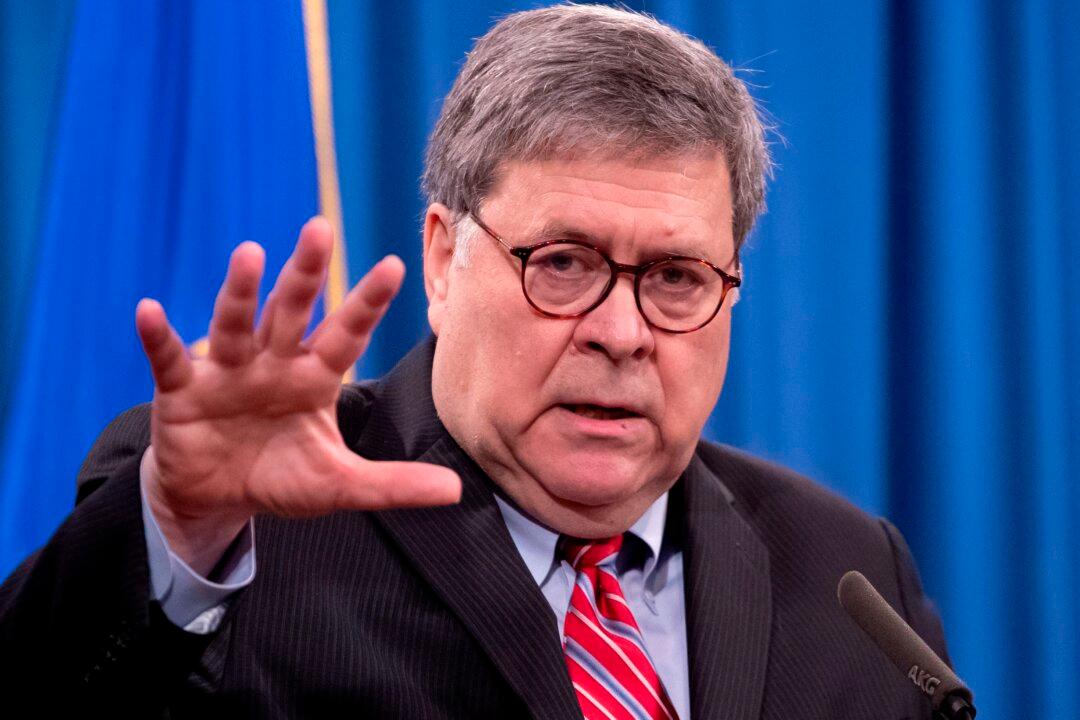Former U.S. Attorney General Bill Barr said over the weekend that he believes Donald Trump should not testify in a criminal case against him because the former president “lacks all self-control.”
Barr, who served as the U.S. attorney general under Trump from 2019 to 2020 and under George H. W. Bush from 1991 to 1993, was asked during an interview with Fox News’ Shannon Bream on Sunday whether Trump should take the stand in court if his indictment goes to trial.





